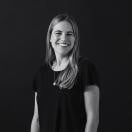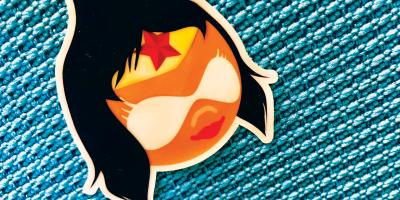The Women of the Drupal Community: sugaroverflow
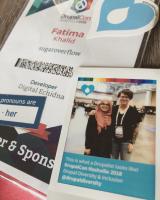
Collection :
Previously in the Women of Drupal series, we talked with Tara King (sparklingrobots) about the move from site admin to back-end developer, increasing code contributions from underrepresented groups, and the label of pink collar labor. Catch up and read Tara's story, here.
Fatima Sarah Khalid (sugaroverflow) works as a technical lead and back-end developer for Digital Echidna, in London, Ontario. She’s been in the Drupal space for less than three years, but she has already made a huge impact as the leader of the Drupal Diversity and Inclusion Group.
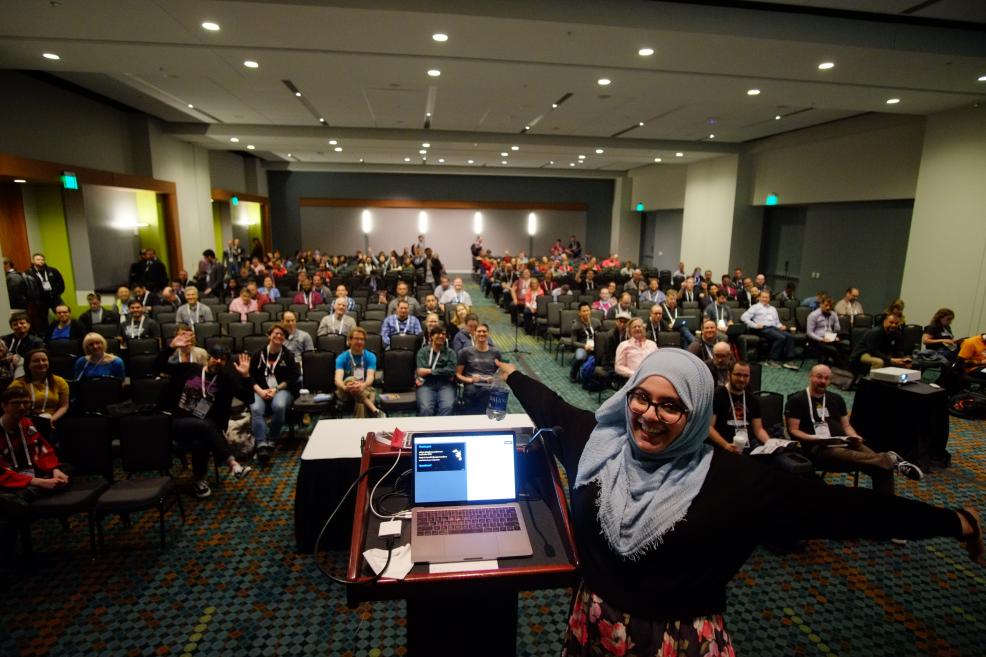
Needless to say, Fatima’s energy is contagious. Before our interview even began, Fatima was explaining to me how she is using the adventures of Pokémon to teach object-oriented programming. (I’ve now watched Fatima’s presentation, and her thoughtful approach means that even a technical n00b like me can start to understand OOP). In addition to Pokémon, Fatima and I also talked about the importance of building better representation in tech, what it’s like to be the only woman in the classroom, and why community is just as important as code.
Gigi: How did you first get your start in tech?
Fatima: Growing up, my parents really wanted me to be a doctor, but I thought “No, no not for me” [laughter]. When I was around 7 or 8 years old, my dad would bring home computers that had been left on the curb. This was in the ’90s, and a lot of people would simply abandon their machines on the curb when they didn’t know how to fix them. My dad and I would normally work on repairing five or six machines at a time, and it gave me a chance to really play with the hardware.
I discovered I was really passionate about machinery at a young age, but I I didn’t yet recognize the overlap with computer science. When I first got to college, I went into computer engineering because I thought I wanted to work with hardware. Then I took my first physics class, and realized that it was probably not for me [laughter]. Instead, I started taking programming classes, and I was like, “This is it. I feel something. There’s a spark here.”
Gigi: How did you discover Drupal?
Fatima: When I was a student, I worked as a fellow for Microsoft Civic, where we built technology for social good. During my fellowship, I went to HubStack Boston and helped build an address search for the City of Boston. A year later, the team at City of Boston reached out to say, “Hey, we’re using your address search!” and I said, “Hey, I’m graduating. Are you hiring?” [laughter]. I ended up moving from New York to Boston to work for the Boston Digital Team. I quickly learned that www.Boston.gov was going to be moving from ASP.net to Drupal 7, and that I was the only developer for the website and its integrations.
I got a crash course in Drupalize.Me, and got a lot of support from the developers on contract at Acquia. That’s basically how I learned Drupal. I really just had to jump in. After the Boston.gov redesign and DrupalCon New Orleans, I was really excited about Drupal 8 and was looking for a new adventure. I started looking at Drupal agencies, and I was looking for a place where I fit in well with the culture, and had the opportunity to grow and be mentored. I found Digital Echidna, and I kept thinking, “These guys actually like each other, [laughter] so this must be a really great place to work.” I was really inspired by how collaborative they were, and the team culture sounded perfect for me.
So I emailed the owner of Digital Echidna, Andrew McClenaghen. It’s a pretty funny story, but I actually met Andrew at my first DrupalCon in New Orleans. I was lost at the airport and followed someone wearing a Drupal shirt (Scott Reeves aka Cottser) into the departure area, where the Digital Echidna team offered me a ride in their Uber. So when I emailed Andrew a few months later, I said, “Hey I’m the girl from the Uber, I’d like to work for you!” He emailed back with a google maps link of London, ON and said if I was still interested, I should let him know. I hesitated - because it was such a small city and so far away - but after they arranged me for me to visit, spend a day at the office, and tour the city, I realized it was all the things I was looking for!
Digital Echidna also does mentoring super well. After a few months of working with Cottser, I was able to learn so much, progress, and grow into a back-end developer. Now I’m a technical lead and mentor, and I get to help newer developers learn and grow.
Gigi: What Drupal projects or contributions are you working on and/or most proud of?
Fatima: After DrupalCon New Orleans, I got involved with the Drupal Diversity and Inclusion group. Nikki Stevens, who led the DDI team at the time, was constantly giving me opportunities. At DrupalCon Baltimore Sprint Day, I remember asking, “Nikki, what do we do?” She was like, “I don't know. You’re the boss.” That motivated me to lead our first sprint on the issue queue for Drupal Diversity. After that, I stayed involved. Our channel has become a place for the community to acknowledge that it isn’t as inclusive as it could be - but it's also a place to work collectively towards the better. It’s a space to ask, “What does ‘better’ look like and how do we get there?” This year at DrupalCon, Nikki passed the leadership position off to me, so now I am the leader of the Drupal Diversity and Inclusion.
Gigi: That’s amazing. Congratulations!
Fatima: It hasn’t totally sunk in yet, but thank you! This year, I was also track chair for the Building Community track at DrupalCon.
We didn’t get as much attendance as I hoped, and I think we have to work on how we market the community for the community [laughter]. We did end up getting a lot of interesting proposals, and the selection process was hard. Eventually Amanda Gonser and I decided that in addition to a Building Community track, we need to have a default space for all community working groups. So we created Community Convos, which is based on Core Convos. Now we have a space where the Community Working Group, DDI, Drupal Mentoring, and even the Drupal security team can all meet.
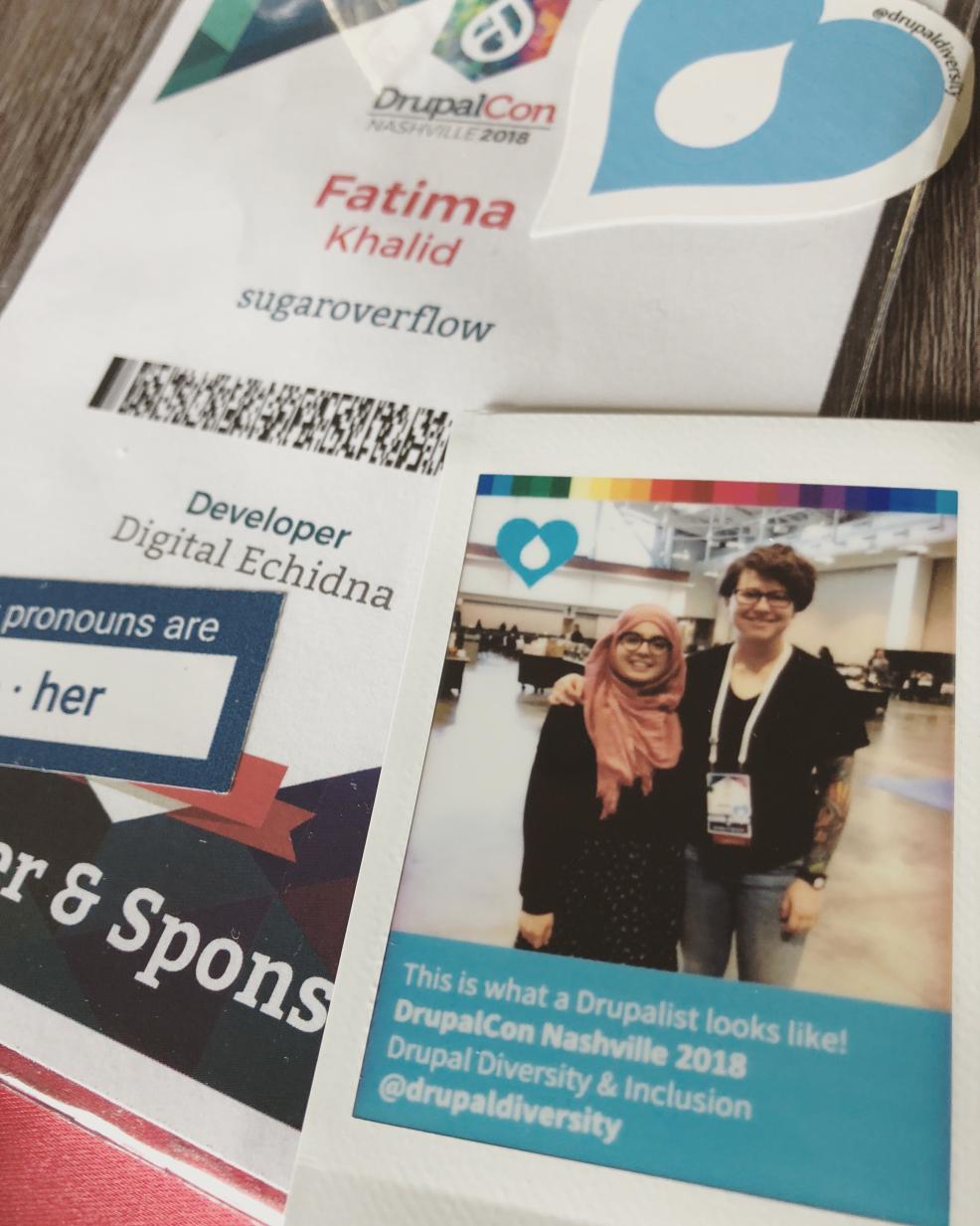
I thought it was a big milestone. We should treat the community the way we treat the code, and give it as much importance. The reason why I’m so passionate about doing this work is because we have amazing collaboration over code with contributors all over the world, but we don’t collaborate on the the community in the same way. It’s important work and I know that we have the potential to be better.
Gigi: That’s really interesting because I believe that for the code to be successful, the community that supports it needs to be equitable and inclusive. And community members need to play an active role in facilitating that. So, I think you’re exactly right that code and community can’t function in isolation.
Fatima: Yes. You can build really amazing things, but if the people that you’re building them for and with are not included and engaged, then the product won’t be amazing anymore.
Gigi: What challenges have you faced; technical and career-wise?
Fatima: I struggled a lot in university. There were definitely moments where I was like, “This is not for me.” It was really hard to feel that my peers were leagues ahead of me, and sometimes I wondered if I just wasn’t made for programming. There can be a lot of that when you are the only girl in the classroom. There were a lot of people who supported me, and helped me recognize that I’m not alone - so I persevered. I actually had a professor who said, “You’re probably the only hijab-wearing female in a school of 8,000 students, but that doesn’t mean that you can’t do it. I see potential.” He was really well known and respected in the field, so his words taught me to stop repeating, “I don’t belong” and to tell myself that I absolutely did belong.
At some point, I also began to understand that it’s OK to be bold in asking for things, and to admit you don’t know what you don’t know. This is not easy for females or other marginalized groups in technology, because being too aggressive or showing weakness can be a bad thing. A lot comes down to fighting stereotypes, which is two-fold for me: fighting to be a successful woman in technology and and then fighting to be a visible Muslim in this society.
I grew up in post-9/11 New York, and my parents were always urging me to not too be visible for my own safety. I struggled with this a lot, because I wanted to speak up. When I first came to the Drupal community - at DrupalCon New Orleans - I realized I was the only one at the conference wearing hijab. It scared me a little. After interacting with people, I realized it was a safe space, and the people I was fortunate to meet wanted to hear my perspective and welcomed me for who I was. I’ve felt supported, mentored and celebrated by community members, from getting DA scholarships to being sponsored by Digital Echidna, speaking at camps, and being on leadership for Drupal Diversity. All of these things gave me a voice in the community.
Increasing representation is a big issue in tech, and one that we haven’t been able to solve yet - but I firmly believe there are small steps we can take to make change happen. I want the next Muslim woman who comes to DrupalCon to feel as welcome as I did, and for that to happen, I have to be visible. One way I can do that is by continuing to contribute.
Gigi: The issue of representation permeates tech especially, but it feels prevalent to almost every industry as well. For example, when I was in college, I was lucky enough to have peers who championed the importance of having more faculty of color on campus, and the need for faculty members to actually be representative of the student body.
Fatima: Actually, earlier this year I won the Women In Technology and Communications Canada Rising Star Award. [laughter]
Gigi: Congratulations. That’s huge!
Fatima: Following the awards gala, someone asked me a really good question, “What are you going to do now that you have the award?” The award has given me a platform, and now people are listening. I’ve gotten more followers on Twitter, more emails asking me about the work we do in the Drupal community, and now my voice will reach a lot further than before. My hope is that the next woman in a hijabi or woman of color who is interested in technology can say, "She’s up there winning things, so I can too." For me, it was important to recognize that I can empower others now, primarily because I’ve been empowered to speak. It was a very life-changing moment where I was like, “Wow. I have power now, and I can change the representation conversation around it.”
Gigi: What does the future of Drupal look like to you? Is it new features, more adoption, or what does the future of Drupal Diversity and Inclusion look like?
Fatima: I think an ideal future is a Drupal community where everyone feels like they belong, and we can have the hard conversations about belonging too. It’s not just about making representation for people who aren’t represented. It’s also about making those who are in power and privileged feel more comfortable about raising other voices. DD&I was made for the community, and I hope that we will continue to engage and work with everyone to make our spaces better.
From a technical perspective, I’m really excited about the community’s work with IoT devices, like Alexa. The idea that my own contributions to Drupal are helping to create experiences that are half physical, half digital, and invade the space of the real world is so cool. Someone recently did an awesome augmented reality presentation at a Drupal Camp, and I was in the front row, because this is my jam!
Gigi: Is there a specific IoT project that you would want to tackle yourself or are you just soaking it all in?
Fatima: For now, just soaking it all in, but I am a big fan of Arduino. When I was in school, I did a lot of work surrounding game development and sensors. It would be fun to play around with light sensor work and IoT. If I had the time, I’d love to work on projects where real world data from sensors gets fed into a Drupal to do some cool things! It’s a very vague idea at this point, but bridging the gaps between our screens and our reality with Drupal is something I’d like to explore.
Gigi: What advice would you give your younger self or someone who is just starting out?
Fatima: Be fearless and don’t give up. If you have a tiny voice in your head that says, “You love computer science,” or “You love tech,” or engineering, or whatever it is, don’t stop listening to it. When you get a really cool internship, someone’s going to say, “You got it because you’re a girl,” but you just have to keep listening to your voice and eventually, you will meet people that want to support you. Listen to those people. Find those allies and glue yourself to them. These are the people that will help you go far and open doors for you.
I can’t stress how important it is to keep fighting for your dream, and don't give up when you feel let down. Because the world will let you down a lot and people will tell you that you can’t do it, but you need to preserve. One day, you’ll discover that you have made it so far that you now have the power to uplift others.
